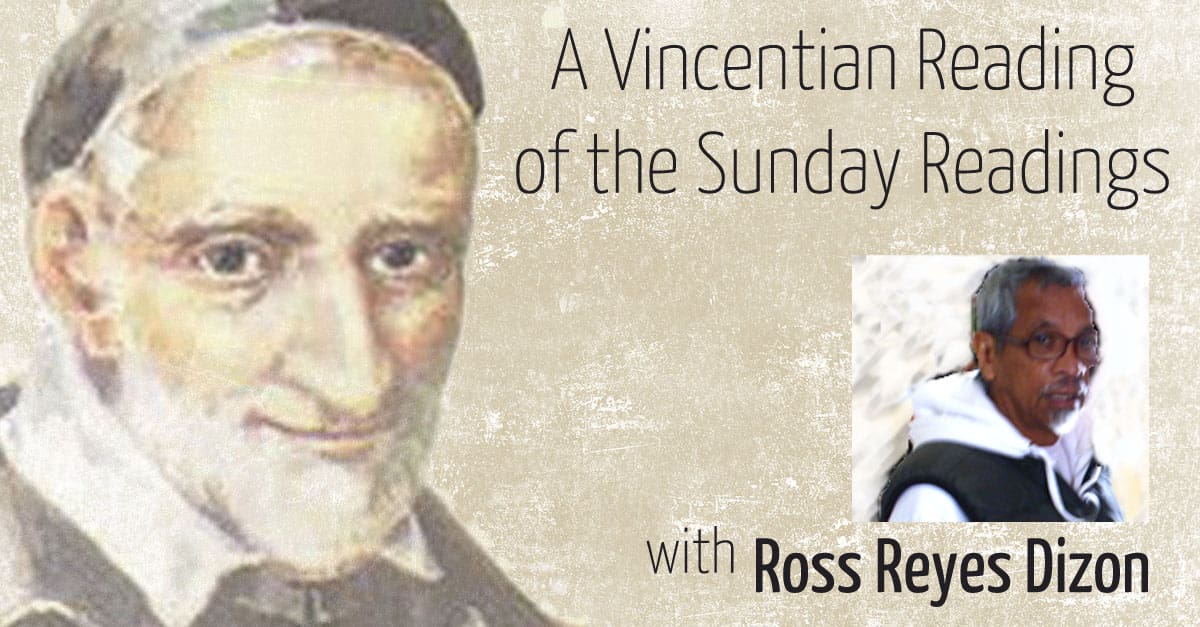Jesus shows us how to adore the Father in Spirit and truth. To learn from him, then, means to keep the true religion.
At Sinai, God tells the Israelites that they are not to adore other gods. Yet they later adore a molten calf. And they hail it as Israel’s god that has brought them up out of Egypt. Yes, they trade God for an idol of metal.
But as they adore such an idol, they just betray their greed for power and wealth. For does not the calf of gold stand for power and wealth? And it is such greed and such cult of power and wealth that Jesus asks us to guard against. For we cannot serve God, on the one hand, and power and wealth, on the other. That is why Jesus, for one thing, cleanses the temple.
He is full of zeal for his Father’s house. So, it angers him that the temple is now a place of business. There, the priests go after their profit. Those who come to worship, for their part, try to “buy” God with what they offer.
There, then, one looks out for oneself; one does not care about others. So, worship is just about selfish interests. In Jesus’ mind, such worship is not what the Father wants. The true worship that the Father wants has to do with worshipers being one as brothers and sisters. And when brothers and sisters are one, they look out for one another.
Jesus’ deed makes others question him. They ask him to give them a sign that he has the right to do what he has done. In reply, he says, “Destroy this temple and in three days I will raise it up.” And they cannot believe their ears. The account, though, says that he speaks of the temple of his body.
To adore God in Spirit and truth means to care for our poor brothers and sisters, and to guard against the stain of the world’s greed.
So, he does not just cleanse the temple. He also takes its place; he is it. But to be so means to be crucified, shocking to Jews and foolish to Gentiles, to have no power or wealth. Hence, the true worship means, in the end, giving up the body and shedding blood. It is being a priest who offers a sacrifice on the altar of the cross. This proves his and the Father’s love for us.
All of us who have been baptized share in Christ’s priesthood. He means us, then, to adore God truly as we live in union and fellowship that God wants for us.
And what God wants for us comes true as we join Christ. He is the living stone humans reject, but which God chooses and deems dear. One with him, we turn into living stones, too, that are part of the temple of the Spirit. We can thus offer, as priests, sacrifices that please God through Jesus Christ.
As stones of a building, we stand side by side or one on top of the other. In other words, we stay linked to one another and share a “collaborative instinct.”
There are those, of course, who serve as Christ’s priests by presiding at the Eucharist. But they are no greater than the peasants who serve as Christ’s priests by seeing to it that there is food on our tables. Yes, the bread that we eat comes from the labor of the poor (SV.EN XI:191). For the former and the latter, to carry out their tasks means, too, to make Jesus known in his worship of the Father and his love for us (SV.EN VI:413)
Lord Jesus, your body is the new temple. Through you we, powerless and poor, get to adore the Father in Spirit and truth. Make us living stones that shine and show your glory.
3 March 2024
Third Sunday of Lent (B)
Ex 20, 1-17; 1 Cor 1, 22-25; Jn 2, 13-25








0 Comments